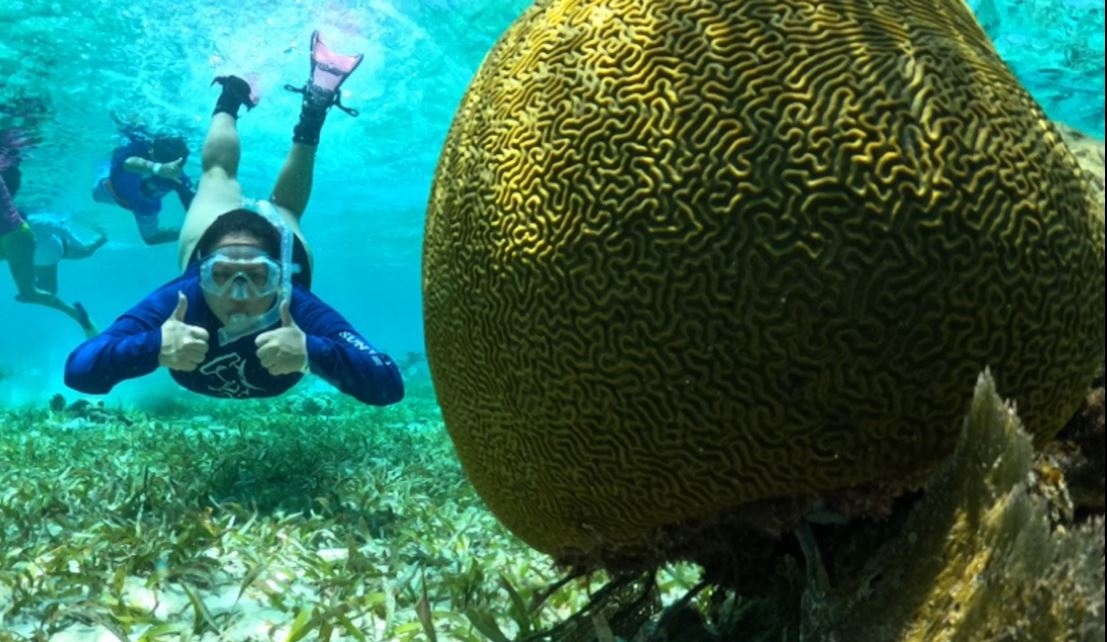To better understand resource use patterns in Curaçao and Bonaire in the southeast Caribbean, the authors conducted a socioeconomic study of the time preferences and marine management preferences of local SCUBA divers and fishers. Through interviews with 197 divers and 153 fishers on the two islands, they calculated individual discount factors and present bias to evaluate time preferences and preferred strategies for managing coral reefs. Divers’ discount factors were significantly higher than fishers’, meaning they value the future more highly or are more future-biased. Divers, on average, supported more restrictions than fishers such as gear restrictions and marine reserves. And, only 1% of fishers were willing to limit the number of fishers, while 34% of divers were willing to limit the number of divers. Overall, divers were more supportive of management than fishers. The main management and policy implication of this study is that differences in diver and fisher groups should be addressed for effective marine management. The authors suggest offsets, such as a dive fee, like the Nature Fee in Bonaire used for marine park management. A portion of the fee could be used to pay fishers to reduce high-impact gears or the buyout of traps and nets. They also suggest property rights schemes within a larger management framework that includes some mix of gear or effort restrictions, incentives for sustainable use, enforcement, and local buy-in.
Author: Johnson, A.E. and D.K. Saunders
Year: 2014
View Full Article
Ecological Economics 100: 130–139. doi: 10.1016/j.ecolecon.2014.01.004


